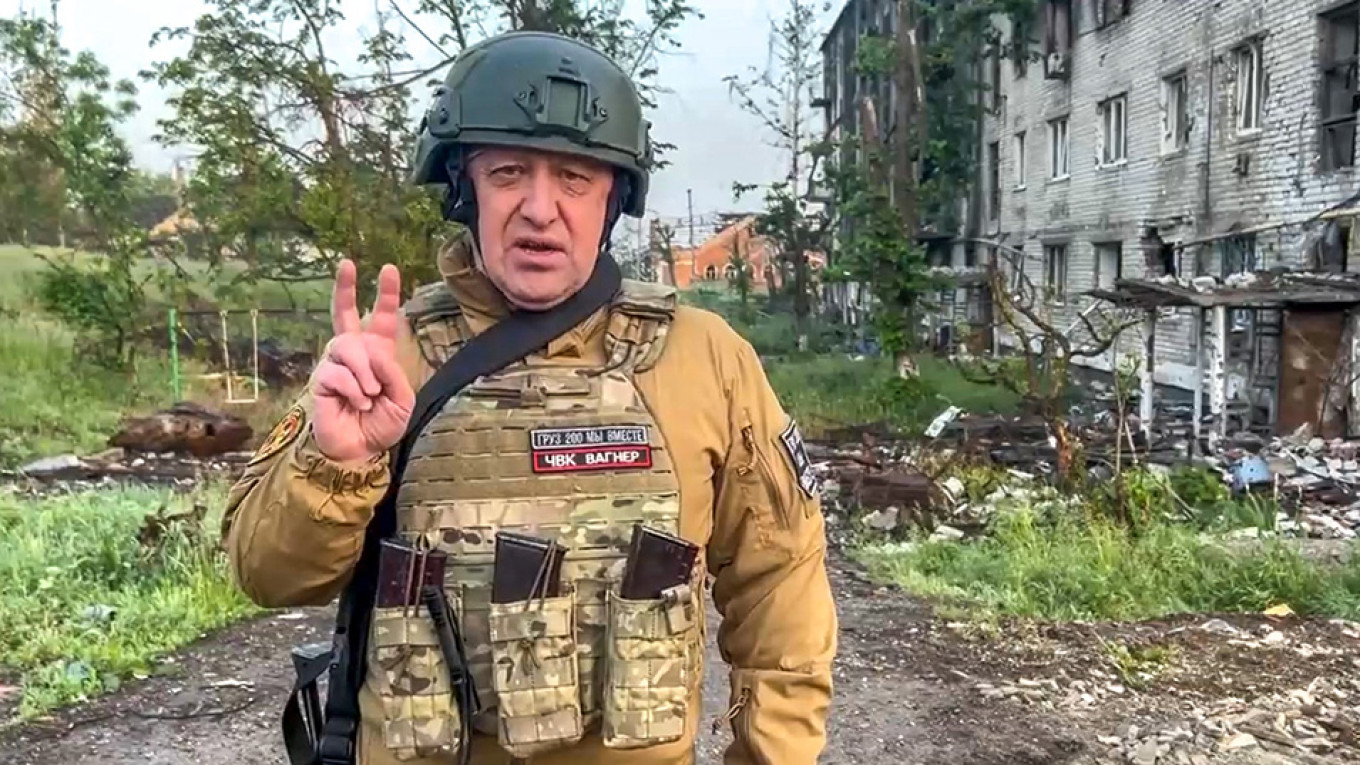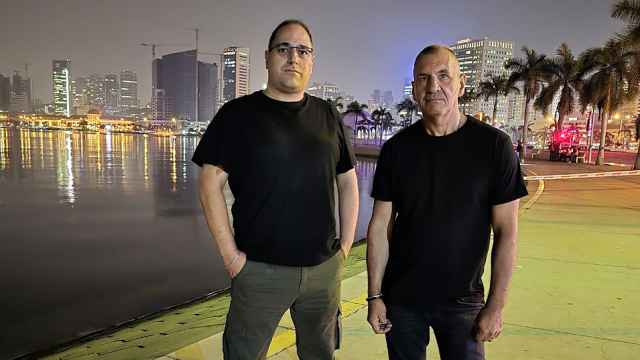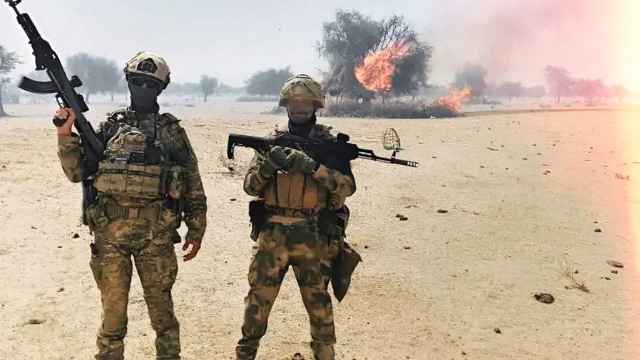JPMorgan and HSBC unknowingly processed payments for companies controlled by Yevgeny Prigozhin’s Wagner mercenary group, according to a new report by the U.S.-based Center for Advanced Defense Studies (C4ADS).
According to the center, Wagner was able to establish an early foothold in Africa during the mid-2010s thanks to access it had to an international “network of financial services and transportation networks to move supplies and generate revenue.”
“Intermediary banks and shipping companies formed crucial linkages between PMC Wagner’s
early mining activities and the wider international economic system,” C4ADS said in the report published Tuesday.
The report highlighted that Prigozhin’s Sudanese mining firm, Meroe Gold, purchased industrial equipment, diesel generators and spare parts from China in 2017. The payments, made from a local bank account, were processed through JPMorgan Chase and HSBC Group’s Hang Seng Bank as intermediaries.
Prigozhin had been under U.S. sanctions since 2016, and Meroe Gold was sanctioned in 2018 for being “owned or controlled by Prigozhin” and assisting him in “exploiting Sudan’s natural resources for personal gain.”
Washington has accused the Wagner Group of committing atrocities in Africa, including mass executions, rape and child abductions. In January 2023, the U.S. designated it as a transnational criminal organization, and the Treasury Department sanctioned connected individuals and companies.
The Financial Times, which first reported on the C4ADS findings, wrote that neither JPMorgan nor HSBC were found to have knowingly handled transactions for Wagner’s front companies. JPMorgan told the newspaper it could not locate details matching the transactions in question, while HSBC expressed a “deep commitment” to fighting financial crime but declined to comment on specific transactions.
Following Prigozhin’s death in August 2023, Russia’s Defense Ministry absorbed Wagner’s operations across Africa. In May last year, the group was believed to have around 5,000 mercenaries stationed in Africa — many of whom were former Russian soldiers and convicts.
A Message from The Moscow Times:
Dear readers,
We are facing unprecedented challenges. Russia's Prosecutor General's Office has designated The Moscow Times as an "undesirable" organization, criminalizing our work and putting our staff at risk of prosecution. This follows our earlier unjust labeling as a "foreign agent."
These actions are direct attempts to silence independent journalism in Russia. The authorities claim our work "discredits the decisions of the Russian leadership." We see things differently: we strive to provide accurate, unbiased reporting on Russia.
We, the journalists of The Moscow Times, refuse to be silenced. But to continue our work, we need your help.
Your support, no matter how small, makes a world of difference. If you can, please support us monthly starting from just $2. It's quick to set up, and every contribution makes a significant impact.
By supporting The Moscow Times, you're defending open, independent journalism in the face of repression. Thank you for standing with us.
Remind me later.






